
Lorenz Lassnigg: Research and practice: A difficult bridge
”Political practices must be included endogenously in attempts to understand the research-practice relationship in adult education,” argues Dr. Lorenz Lassnigg, senior researcher at the Institute for Advanced Studies in Vienna. In his column, he examines the elements for bridging the gap between research and practice.

Barros: “Poor working conditions in academia hinder the integration of research and policy”
Why does cooperation between researchers and policymakers remain at a standstill in Portugal? “Because of the lack of recognition and improvement in the working conditions of scientists,” replies Rosanna Barros of the University of Algarve. What solutions does Barros propose?
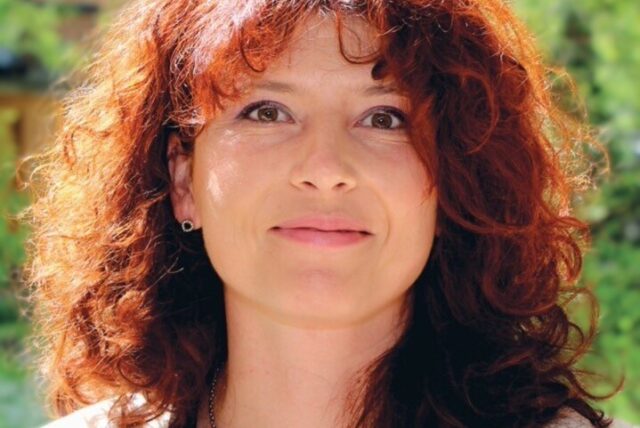
Nataša Potočnik: “Adult education is about empowerment and inclusion”
Our “Meet the board” series introduces the members of ELM Magazine’s editorial board. Our newest member, Nataša Potočnik of the Slovenian Institute for Adult Education, believes in lifelong learning’s role in reducing inequalities and fostering active citizenship.

Research and practice: Equal collaboration can lead to relevant research
“A trusting, eye-to-eye dialogue is needed for fruitful collaboration between research and practice,” says Sonja Muders of the German Institute for Adult Education. Amid divergent languages and priorities, how can that be achieved?

Erickson: “Active participation in communities of practice helps educators navigate changes”
“Today’s adult educators must continuously reshape their professional identity,” writes Jane Erickson in her column. She considers virtual communities of practice essential for maintaining professional relevance.

Project Stories: Breaking barriers in language learning
Ana-Maria Tanase of the Romanian organisation CPIP talks about the lessons of the international project I-BLU. The project seeks to develop efficient, user-friendly learning pathways for adult learners of English.
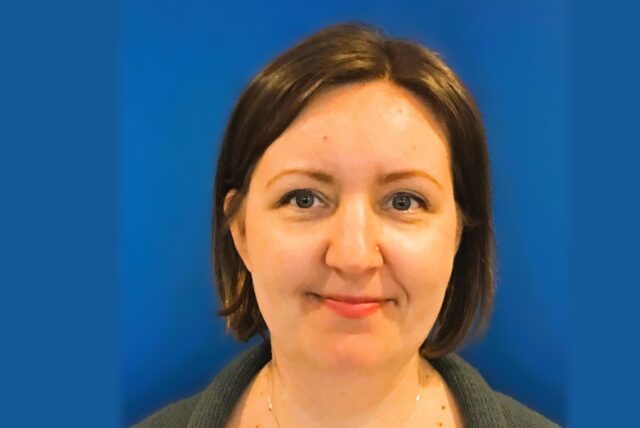
I argue: Structured interactions are vital in research-practice partnerships
In ELM’s "I argue" series, Finnish post-doctoral researcher Hanna Reinius states that research-practice partnerships are pivotal for bridging the gap between empirical inquiry and practical development work. However, to be successful, they require careful planning of interactions between practitioners and researchers.
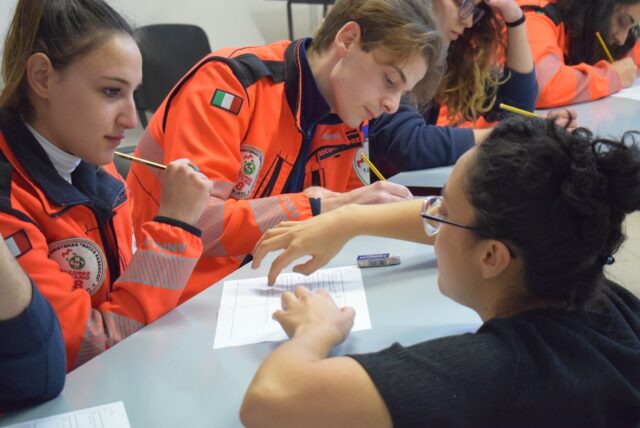
Research and community-based learning against rural shrinking
The KiNESIS project shows how research can change the course of rural shrinking. It also shows the value of real-life experience of students and the transformative power of communities.
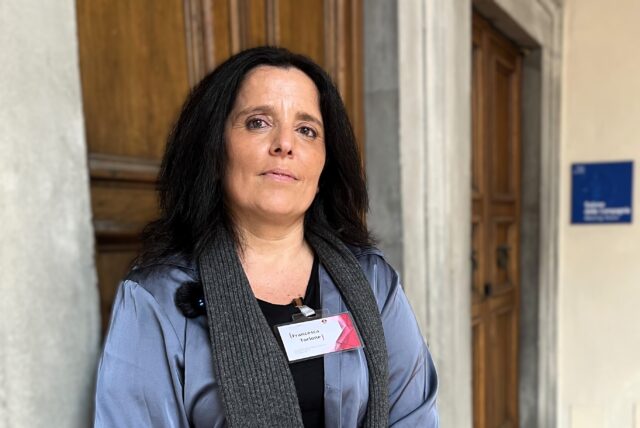
Bridging the gap: How stakeholder cooperation can enhance lifelong learning
Conducted across 21 European countries, the RegALE survey highlights the urgent need for better cooperation among policymakers, practitioners and researchers to create a more inclusive and effective adult education system in Europe. Francesca Torlone of the University of Florence discusses the survey results, noting the fragmented state of adult education and proposing solutions.
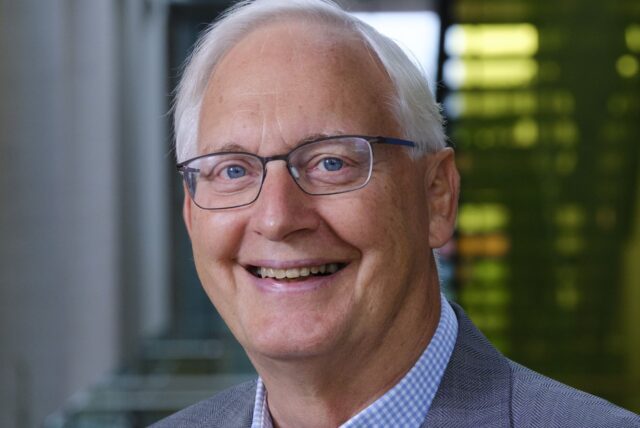
EDITORIAL How best to harness the research in adult education?
In his editorial on the theme of Research and Practice, ELM Editorial Board member Jón Torfi Jónasson highlights how good research can open new worlds and push us forward. With an open mind, it becomes a powerful inspiration for improving practice and shaping policy.




